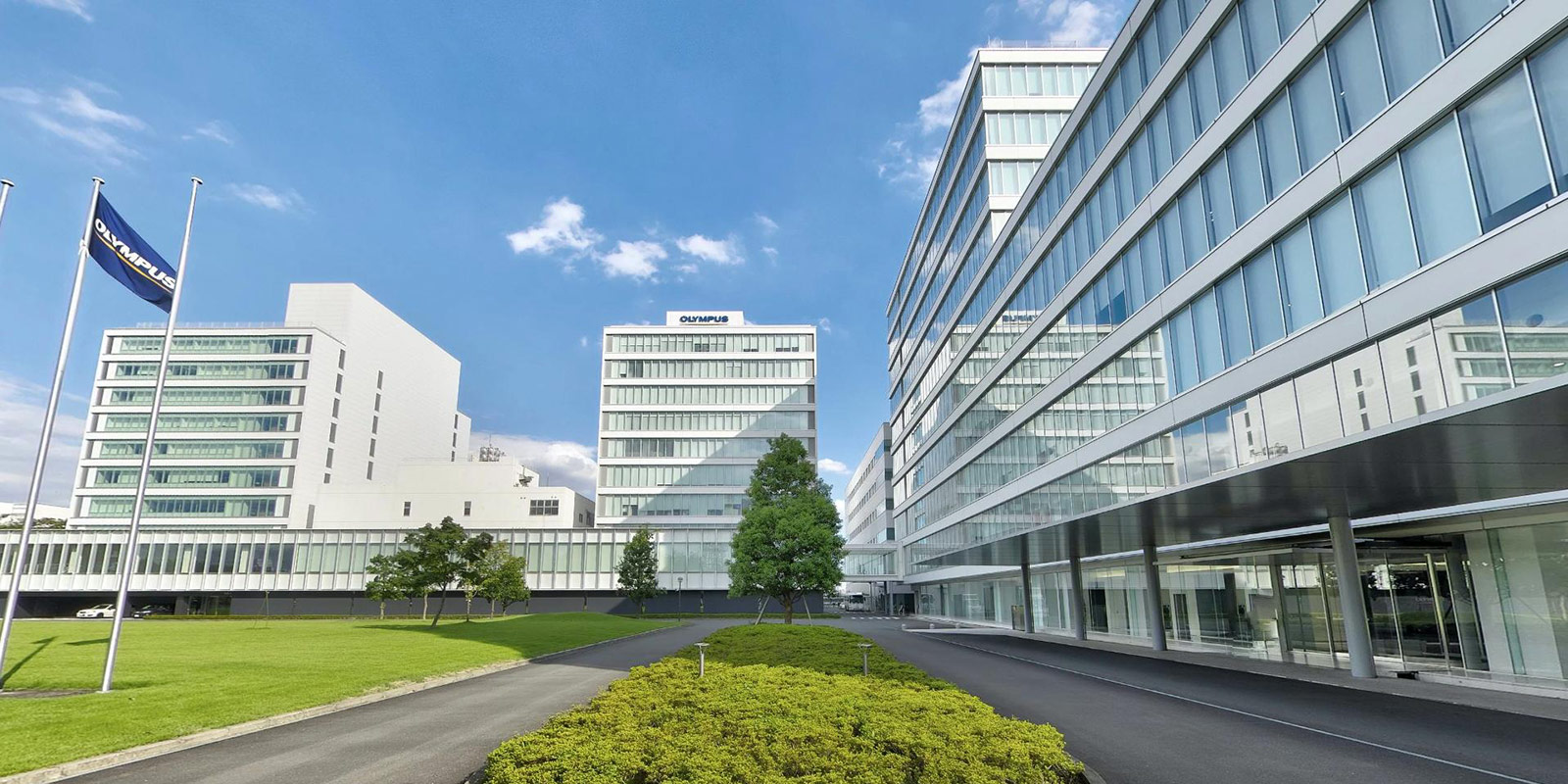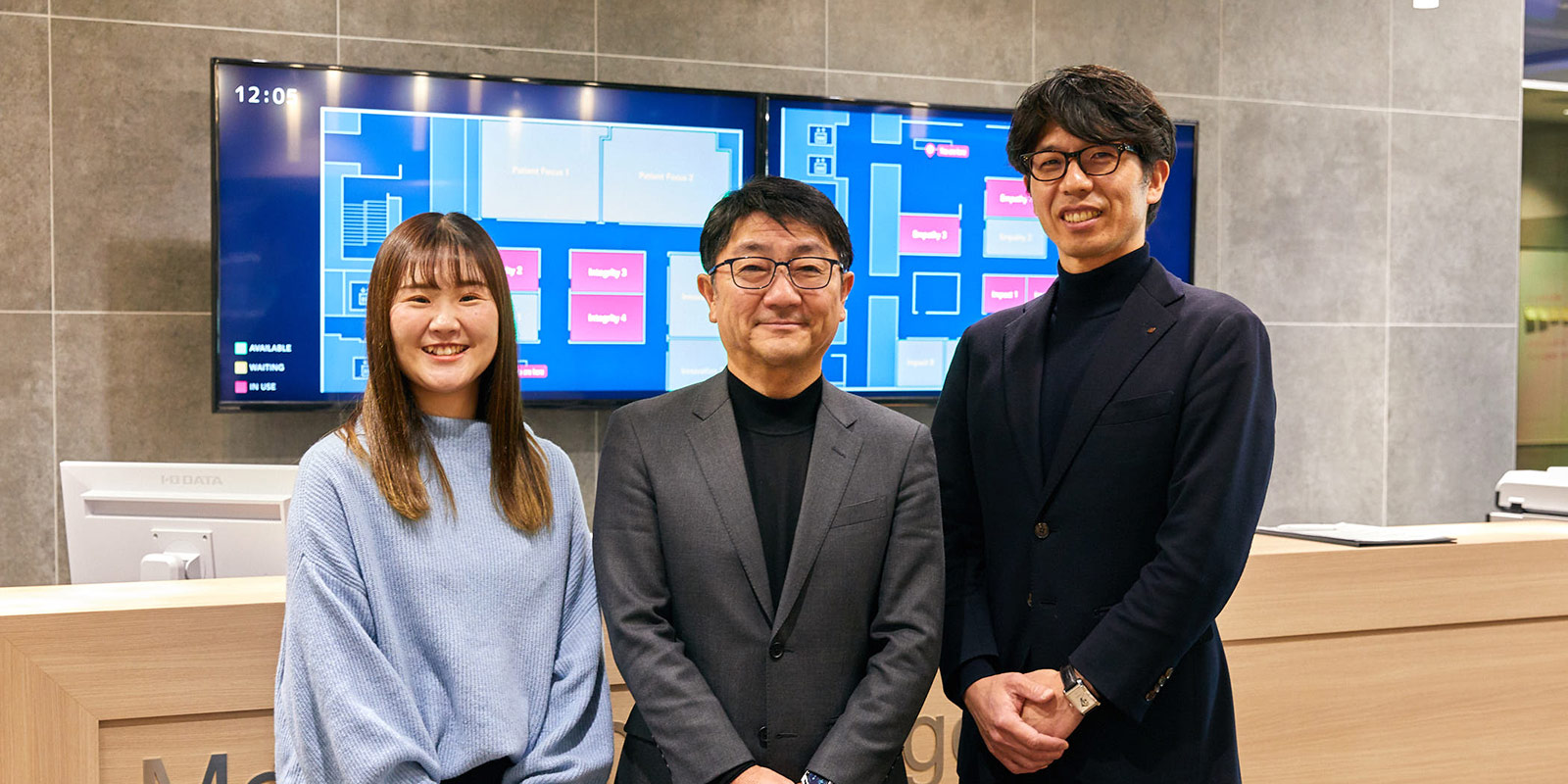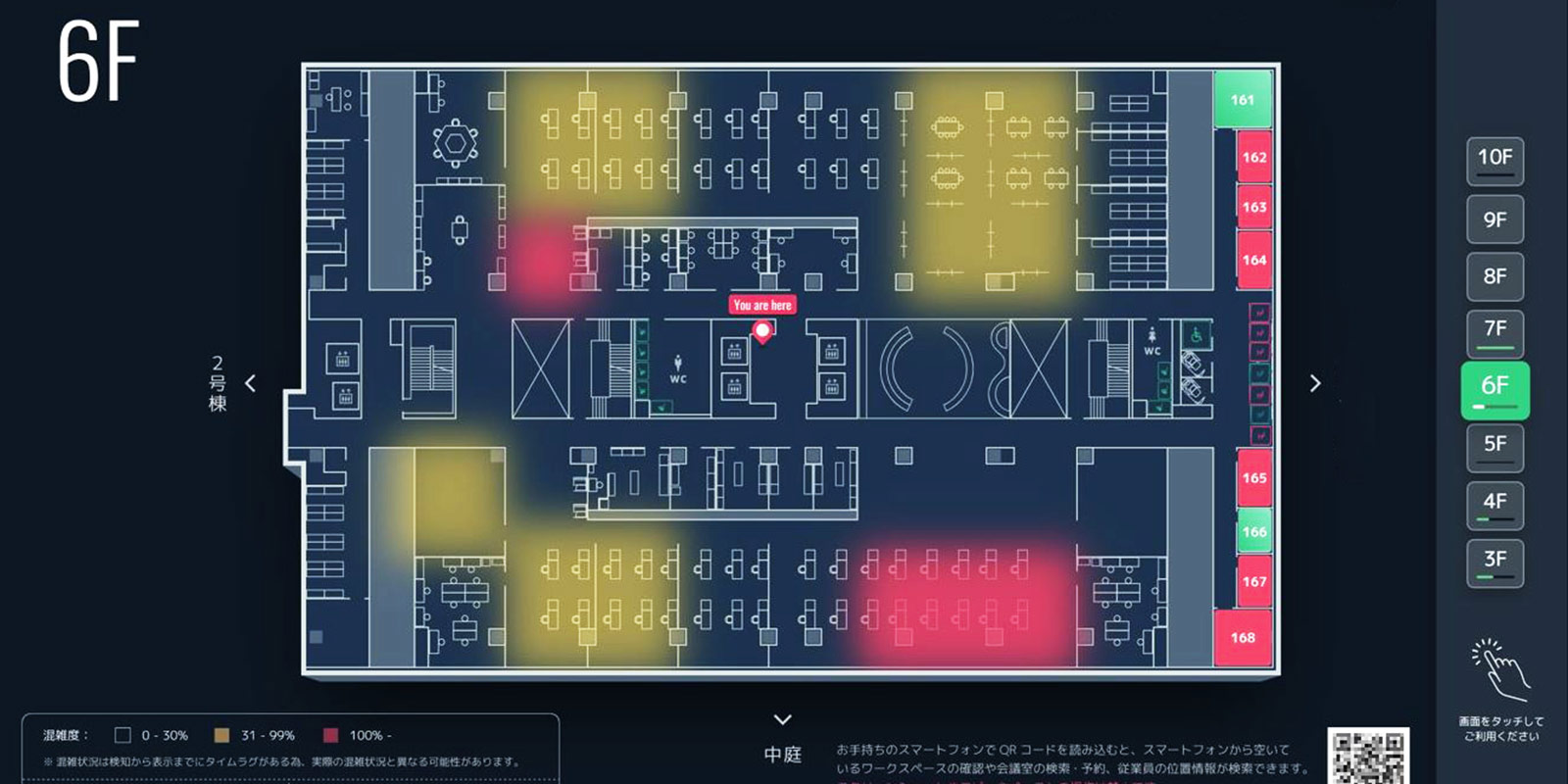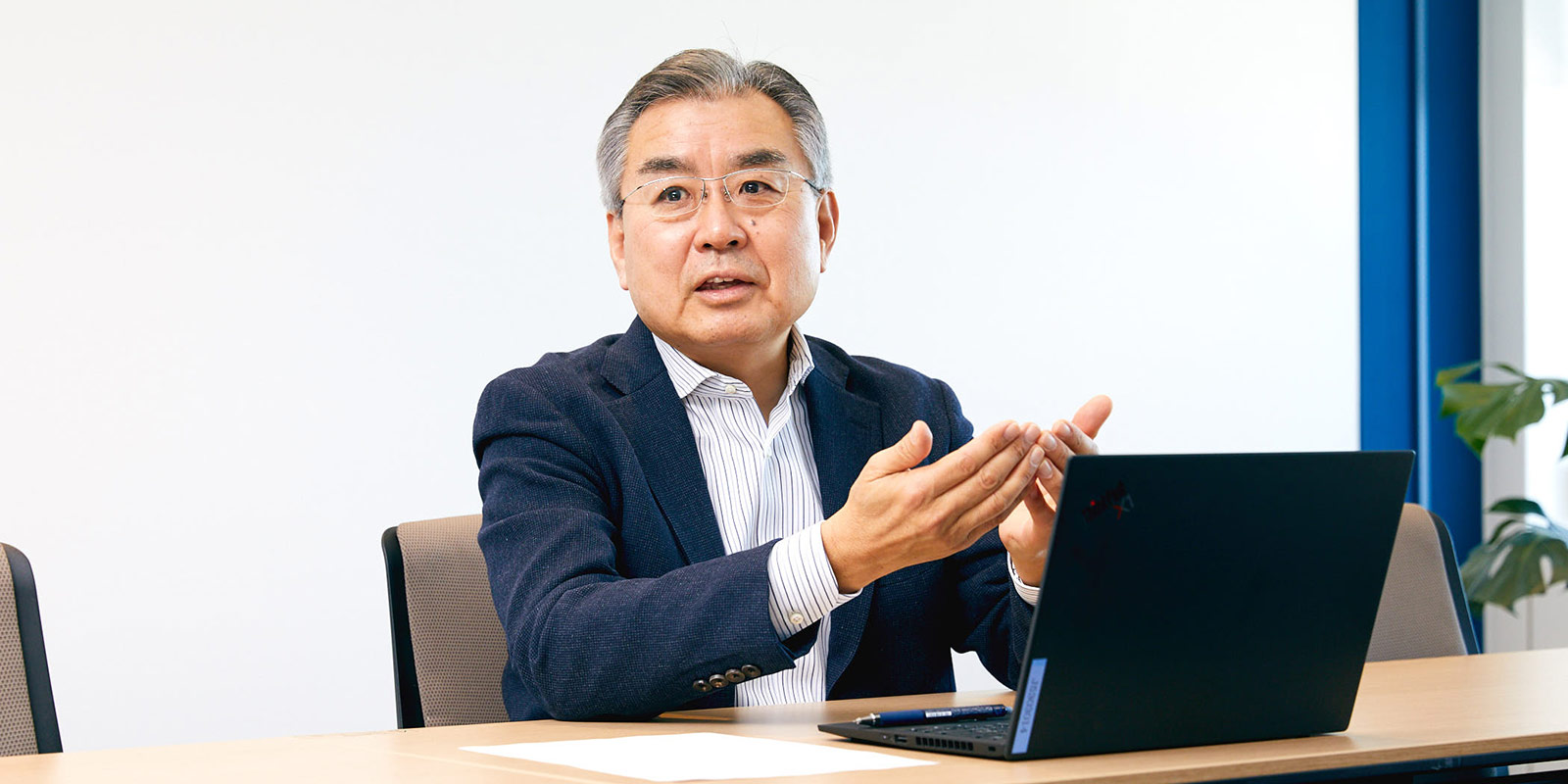Out of office
Ili Saarinen hears global medical tech company Olympus’s plans for a smart, digital-powered style of hybrid work
One company going all in with a permanent arrangement for hybrid work is the medical tech manufacturer Olympus
Remote and hybrid work took a giant leap forward during the Covid-19 pandemic, but many companies around the world are now ramping up efforts to have their people return to the office. That’s particularly true in Japan, where long hours spent on company premises have traditionally been the norm. But while some firms are struggling to balance the expectations of management and the wishes of employees now used to clocking in from home, others are taking a proactive approach to exploring new styles of work.
One company going all in with a permanent arrangement for hybrid work is the medical tech manufacturer Olympus
One company going all in with a permanent arrangement for hybrid work is the medical tech manufacturer Olympus, which recently caused a bit of a stir in Japan’s business world by announcing the relocation of its global head office from central Tokyo to the western suburb of Hachioji. The move, officially set to take effect in April, is described as an extension of the firm’s ambition to reinvent itself and the way its employees work.
 Olympus headquarters in Hachioji | Evident Industrial
Olympus headquarters in Hachioji | Evident Industrial
Open for business
That new course was laid out in a transformation plan announced in 2019, on the company’s 100th anniversary, when Olympus moved to sell off its well-known camera and scientific instruments businesses to focus exclusively on medical technology such as endoscopes. The plan also called for the company to become “truly global” by adopting new governance standards, as well as integrated, worldwide finance and talent management structures, to match its market-leading position.
Then the pandemic hit, and the company had yet another transformation on its hands—one it decided to make a central element of the new Olympus. “We started examining what style of work might best serve our [new] goals,” says Yoshio Tashiro, corporate officer and the point man of the company’s work style reform efforts. “We realized that we need a more efficient and productive way of working…and decided to push for an office tailored to and supportive of [hybrid work].”
“We realized that we need a more efficient and productive way of working…and decided to push for an office tailored to and supportive of hybrid work”
 (From left) Uchida Yoko’s Futaba Harui, Yoshiatsu Murata, and Tatsuro Nagasawa | Kisa Toyoshima
(From left) Uchida Yoko’s Futaba Harui, Yoshiatsu Murata, and Tatsuro Nagasawa | Kisa Toyoshima
“We hope to make new ideas flourish while allowing for the happiness of each individual”
In an effort to diversify working styles and locations, Olympus chose to set up its new global headquarters in Hachioji, where the company has operated a key R&D plant since 1963. That facility is now being reshaped into an office founded on openness and flexibility, where engineers and researchers share all equipment, working in standardized labs that can easily be customized for specific tasks and returned to their original state in minutes. Employees from across the company interact in open lounges rather than behind closed conference-room doors. Most importantly, they are able to make their own decisions on when to come to the office and why. All this is intended to let employees focus on their core tasks, facilitate communication across departments and teams, and increase productivity and creativity. “We hope to make new ideas flourish while allowing for the happiness of each individual,” says Tashiro.
“We hope to make new ideas flourish while allowing for the happiness of each individual”
 An example of a congestion map in Smart Office Navigator | Courtesy of Uchida Yoko Co. Ltd.
An example of a congestion map in Smart Office Navigator | Courtesy of Uchida Yoko Co. Ltd.
Support systems
Digital tools are another cornerstone of this next-generation office. “Our IT taskforce has sought to improve user satisfaction with smart office solutions,” says Toru Yamaki, Olympus’s IT infrastructure manager. Chief among these is Smart Office Navigator, a system provided by Uchida Yoko Co. Ltd. that combines features including meeting-room reservation, real-time congestion maps, and information on the availability of facilities and equipment.
More interestingly from a management perspective, “[Smart Office Navigator] can also be used to integrate and analyze data gained by monitoring people’s behavior in the office,” say Uchida Yoko’s Tatsuro Nagasawa and Futaba Harui. “The purpose of using [such] data is to understand how employees collaborate with each other,” Tashiro explains. “Personal information is scrambled, but we can see patterns like where and to what extent people from different departments are working together, which could be analyzed to facilitate innovation,” says Yoshiatsu Murata, executive officer at Uchida Yoko.
 Yoshio Tashiro | Kisa Toyoshima
Yoshio Tashiro | Kisa Toyoshima
At the end of the day, Olympus’s reconceptualization of the workplace comes back to a simple goal—one that perhaps should inform any attempt to write new rules for work. “The main thing is to have [our people] enjoy what they do, including at the office,” says Tashiro. “Being [in the business of health], ensuring employee wellbeing is essential for us as a company.”